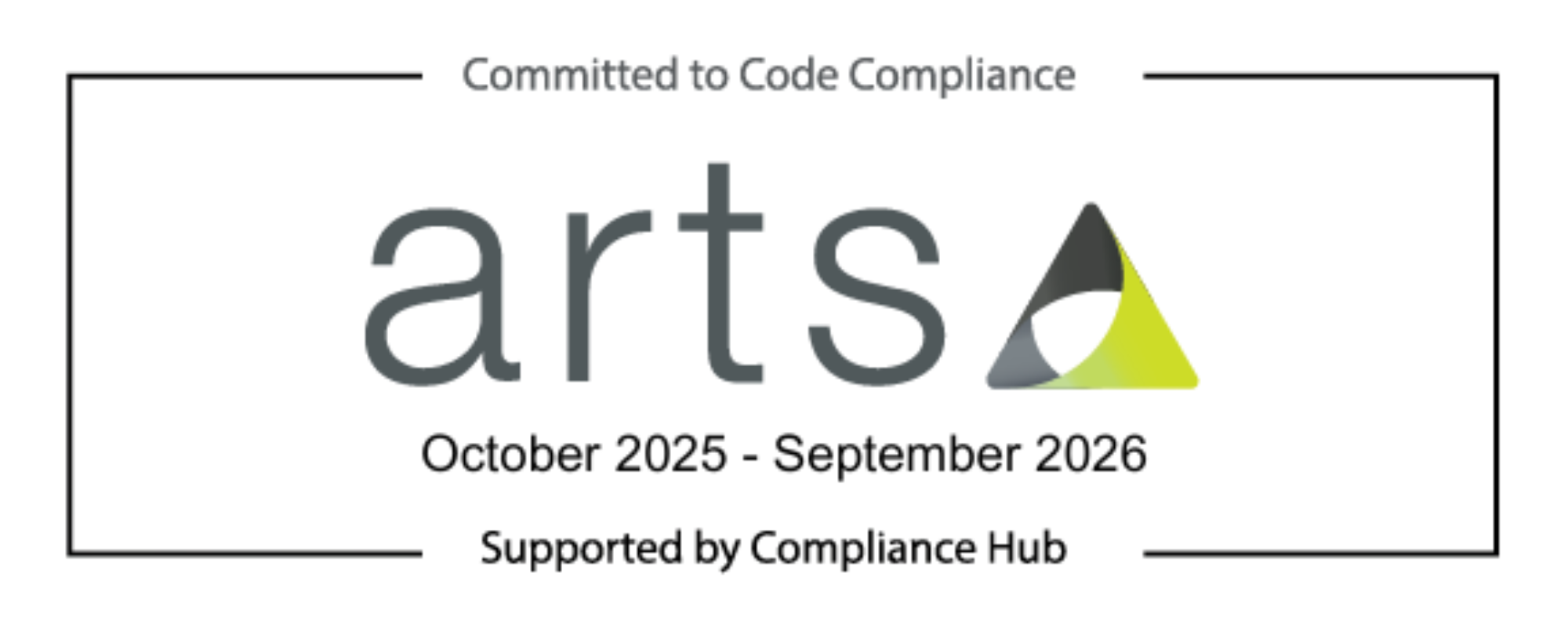Pharmacy in Crisis: Why you are part of the problem AND the solution
)
Harpreet Chana, Amit Patel and Dr Gary Redfeather are three pharmacy leaders who have joined their deep passions and broad experiences of self-development, personal and organisational leadership, psychology and workforce development to form the Pharmacy Leadership and Wellbeing Academy which will be launching online leadership programs in late 2021.
Please be sure to join Amit, Harpreet and Gary during this year's Clinical Pharmacy Congress in the Leadership Theatre between 3:45 and 4:30 pm on 24 September 2021.
The contention that UK pharmacists, pharmacy technicians, and others involved in the profession are stressed to their breaking point is irrefutable. Indeed, before the Covid-19 pandemic turned our world on its head, the profession was in dire straits. We've known for decades that pharmacy is a stress-filled profession, but in 2020 the Royal Pharmaceutical Society survey showed nearly 9 out of 10 pharmacists felt at high or very high risk of burnout and over half of the respondents had not taken any time off work for sick leave in the last year despite the impact of work on their mental health and wellbeing ' nearly 75% reported their work negatively impacted those aspects of their life. ''
Thankfully, there are services and support structures available to help our struggling workforce, but' it's not enough. The statistics of burnout, the preponderance of negative mental and physical health impacts, and the fact that the majority of workers do not end up engaging these support services available (a recent report showed that for every 1,000 mental health sick days taken in the NHS, just one call to the staff mental health hotline is made) conclusively show the current mixture is failing to solve our most fundamental problems.
Our profession - and those we serve - are suffering. And everyone will continue to suffer unless something different is done.
Continuing to use past solutions that have failed to help get us to where we need to be will not do anything but propagate the current issues into our future. 'Insanity' is a popular term used to describe how doing the exact same thing over and over again and expecting different results will lead to ultimate failure. Whilst we are not suggesting that the sector is acting 'insanely,' we think that pharmacy is where it is because no one is addressing why these things happen in the first place.
Determining what ingredients have been brought together to form the present moment will allow us to see how they can't not culminate in what we see in front of us. Characterising them will help us change their mixture to create a different future. In stark terms, we want to destroy the 'default future' by critically understanding what has created the current situation.
Whilst external pressures have and always will exist in our profession, as we are the ones most intimately familiar with the work at hand ' indeed, we are the ones doing the work ' we undeniably have also had a critical role in creating our issues. We are, quite frankly, a source of our own problems. This may not sound like an empowering admission, but this is actually a good thing! It means that we have the opportunity to be a large part of the solutions to take us away from our current troubles.
How have our problems arisen? How might our best intentions and passions have explicitly contributed to them? How might our educational, professional support, and workforce planning worlds impact us, whilst we impact them in beneficial and not-so-helpful ways?
We will begin to address these questions in our CPC session'. But, in advance of our time together (if you'll join us), we'd like to highlight a few areas and issues you might consider interesting and relevant to your own part of our current and future states.
Pharmacy Leadership & Positive Psychology
A major way to destroy the default future is to partially destroy what we have been taught about leadership;
- If you define a leader as a charismatic, extroverted, highly experienced and confident person, who has a title like 'supervisor,' 'director' or 'executive' on their business card, you are contributing to our professional problems.
- If you believe you are not a leader because you are not officially leadership-trained, credentialed or recognised by an external body as such, you are mistaken: you are a leader ' every person in the pharmacy team who serves patients are leaders and so, you are also contributing to our professional problems.
Leadership is like medication: different forms, delivery systems, and dosages are needed to treat similar-but-different ailments; yet there are universal constants that help ensure a therapy is beneficial and not turned into a poison. These constants most often do not revolve around the paradigm that 'leaders are born' but are centred around the skills that can be developed in nearly any person if they are part of a uniquely designed personal-development plan.
A foundational area only recently being incorporated into pharmacy education, clinical settings, and business offices is the decades-old researched field of positive psychology. If this field is relatively unfamiliar to you, you can explore it with us, to hear how there are scientific approaches to study human thoughts, feelings, and behaviours, focused on strengths instead of weaknesses, building the good in life instead of repairing the bad, and taking the lives of average people up to 'great' instead of focusing solely on moving those who are struggling up to 'normal.'
Self-Leadership & Wellbeing
A key component in leadership and the application of positive psychology is the concept of self-leadership. All good leadership starts with yourself and the awareness of:
- your own thoughts/feelings/emotions,
- how these impact you and those around you,
- how you come across to others,
- how you engage with others and most importantly,
- how you motivate and inspire yourself into action every day, leading by example to your peers, colleagues, team members and patients.
The lack of self-leadership skills and resulting lack of confidence and ability to set boundaries/push back when needed, is a fundamental cause of the current wellbeing crisis in pharmacy and is therefore also a fundamental solution to the problem.
Since Harpreet first publicly spoke about her own struggles with mental health in Sept 2019, she has been regularly contacted by hundreds of pharmacists feeling the same way. And whilst COVID has meant that some provisions have been made to help pharmacists on the frontline manage their own wellbeing better, by and large, the response to this crisis by the sector has been lacking. 'There is far too much focus on the provision of support to those people who are already so sick that they are at burnout stage and not enough given to prevention.
The majority of the workforce is struggling to self-manage and yet there is very little training and coaching provided to pharmacy teams on self-leadership and better self-management/self-regulation. We believe that this is absolutely the key to solving the current problems and are excited to be bringing self-leadership courses to the pharmacy sector for the very first time.
Workforce Development
Pharmacy is one of the few areas in our health and social care system that really takes the core principles of proper prevention and better utilising social assets as a major part of the work we do.' This is one of the reasons that clinical pharmacy has such good links and commissioning history with our local, regional and national public health bodies.' Where we fail is following our own advice.'
When we speak to pharmacists either socially or professionally we constantly hear the same words from our mid to late career pharmacists 'I have such a rewarding career, but I would never let my kids become a pharmacist!''' This explains why we have a workforce crisis and a large cohort of our profession looking for something different whether it be portfolio careers or just leaving the industry - because they are not finding the fulfilment that they need!' NHS England have given funding at ICS level for clinical pharmacy recruitment but year on year we are underspent and now you can begin to see why.
No level of commissioning will resolve this, it is up to us to do something as a profession and that takes a joint effort from all of us. It takes a new mode of self-motivation and desire to take that first step to create change but most importantly it needs the right type of support to provide you with the catalyst to create the confidence in your own leadership abilities.'
If we can do this, we can meet the NHS quadruple aim; ensuring that we are bringing the joy back into our pharmacy workforce, ensuring that we are looking after each other, preventing burnout and poor mental health and making this profession one that we want our kids and future generations to join.
The African proverb 'if you want to go fast, go alone. If you want to go far go together' couldn't be more true for our workforce and through the Pharmacy Leadership & Wellbeing Academy, we aim to do just that.
'


 London
London


